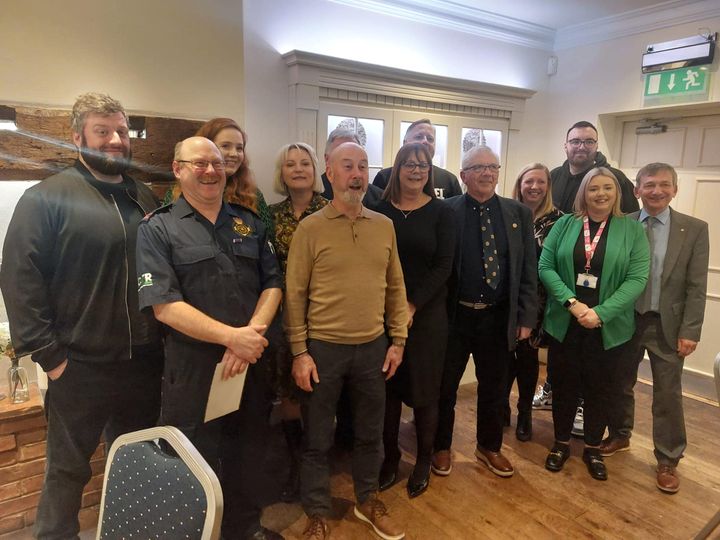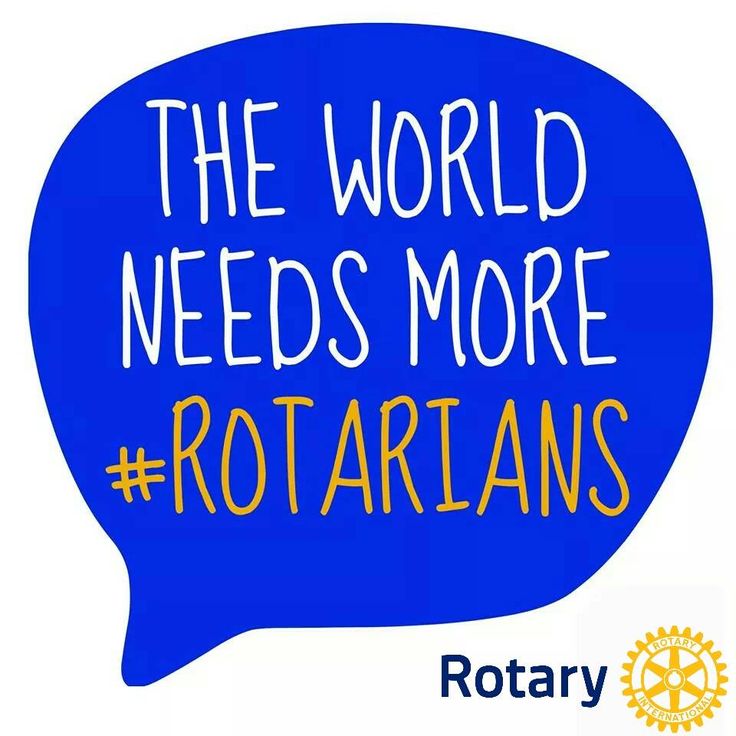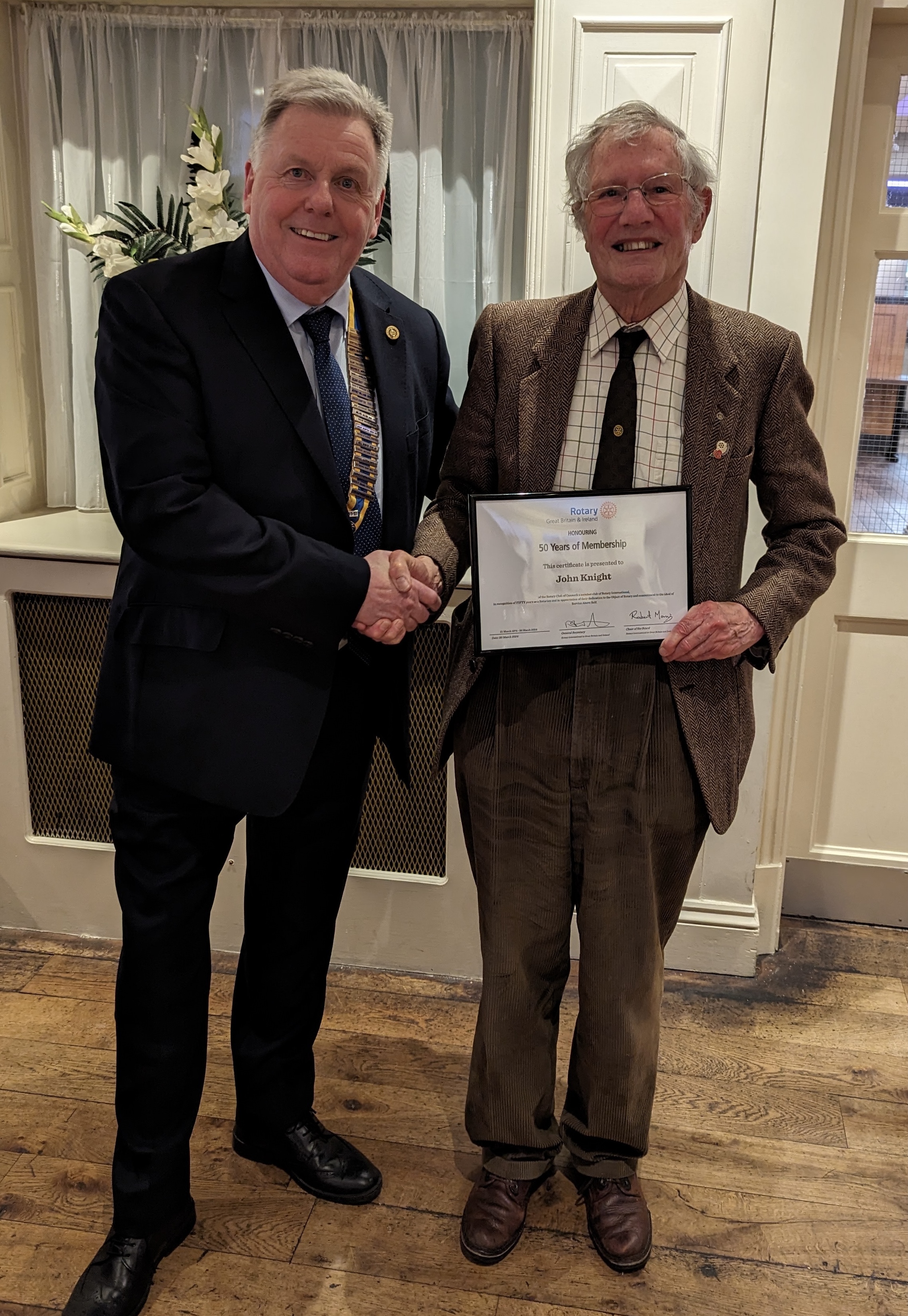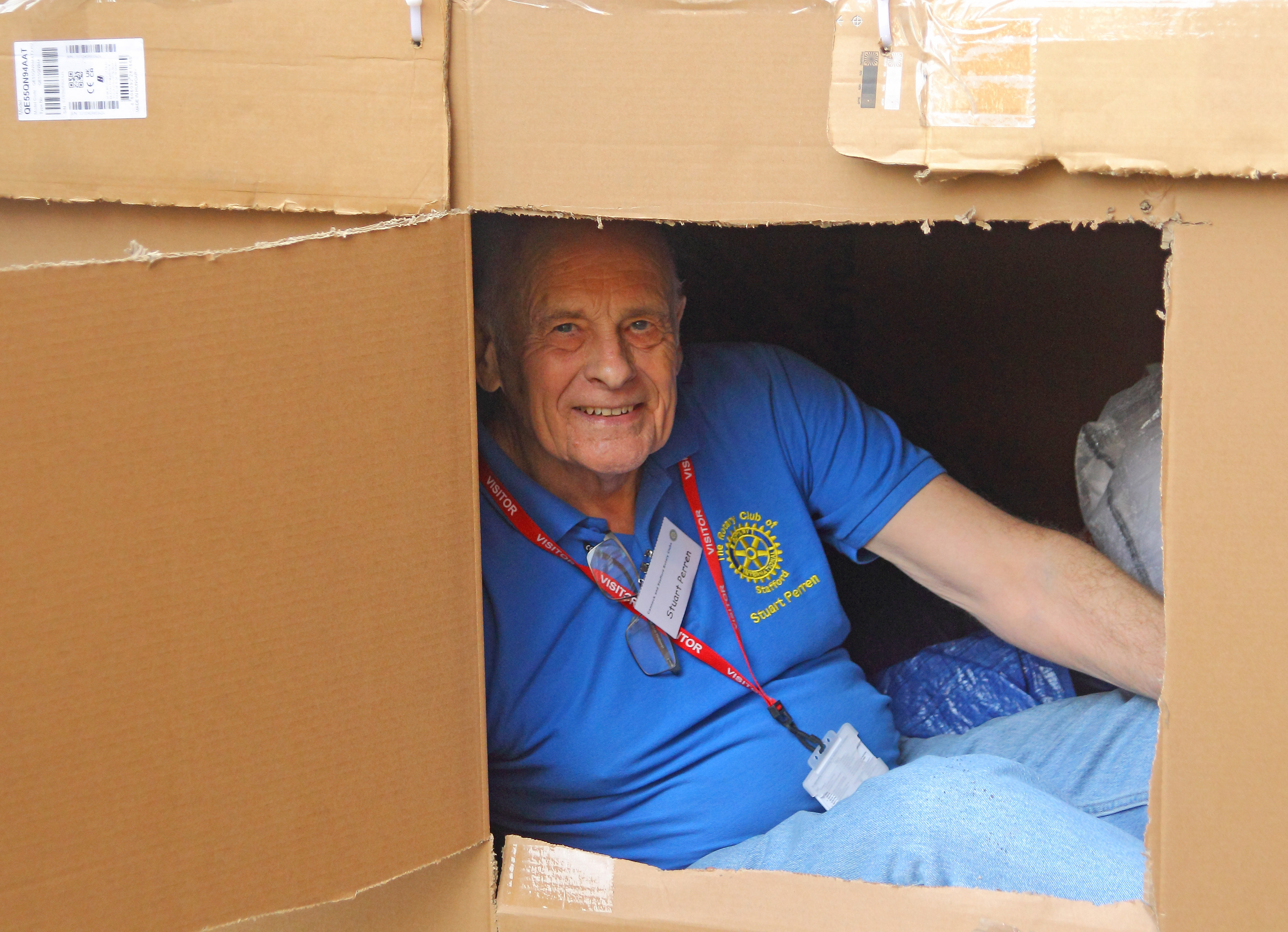The world has made huge strides against polio with cases down 99.9% over the last four decades.
On 29 September 1979, rotary volunteers administered drops of oral polio vaccine to children at a health center in Guadalupe Viejo, Makati, Philippines.
Rotary has been working to eradicate polio for the past 45 years.
Our goal of ridding the world of this disease is closer than ever.
As a founding partner of the global Polio Eradication initiative we have seen polio cases reduced by 99.9 percent
Rotary members worldwide have contributed more than $2.1 billion and countless volunteer hours to protect nearly 3 billion children in 122 countries from this paralyzing disease.
Rotary’s advocacy efforts have played a role in decisions by governments to contribute more than $10 billion to the effort.
24th October is known within Rotary as world polio day and here in Cannock we will be celebrating our success and increasing public awareness of our programme by putting on a display in Cannock town centre.
Come along and say hello and learn more about Cannock Rotary and our projects
What is Polio?
Polio is a serious and very infectious disease that mostly affects children under the age of five.
It is caused by a virus that can spread very easily through contact with an infected person’s faeces or less commonly through contaminated food or water.
The virus does not always cause symptoms but in some one in 200 infections, external it can enter the brain and nervous system and lead to paralysis. This can happen in a matter of hours.
And for 5 to 10% of people who are paralysed, the infection leads to death because it immobilises the muscles used to breathe.
Most people alive today have had a series of childhood vaccinations to help prevent polio and the illness is now rare.
But before the launch of a global eradication campaign in 1988, hundreds of thousands of children got polio each year.
Many countries have kept it at bay with high rates of routine childhood vaccination. The UK has had no confirmed cases of paralysis due to polio caught in the country since 1984.
But it still has a constant presence in Afghanistan and Pakistan and recently in Gaza where immunisations days were held in August 2024
And there continue to be outbreaks around the world – particularly where conflict and natural disasters interrupt vaccination programmes and destroy water and sanitation systems.













